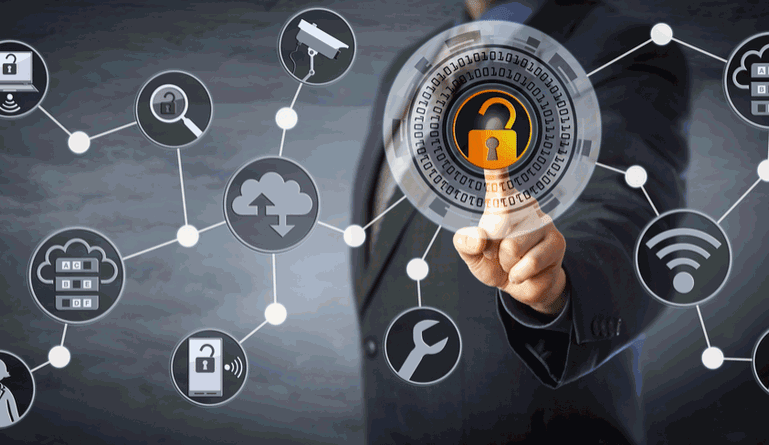Remote employees can be a valuable addition to any business. They can save the company money by cutting hourly costs. Remote employment also gives a company to hire people who they may not have access to otherwise such as highly qualified marketers who live on the opposite coast. As working remotely allows employees more flexibility in their schedule on most occasions, those who may not be able to be present daily can still pour their skills into the company.
Sadly, a remote employee can also be a great security risk to a company. Accessing a company’s secure information and databases from an unsecured location can lead to data breaches that have a huge negative impact on a company, its employees, and its customers. While companies cannot prevent everything from happening, there are some cybersecurity best practices that can be used to decrease the likelihood of a breach.
It is first and foremost the duty and responsibility of the company that employees’ remote workers. That company must take steps to secure its data and servers. It must initiate and maintain security protocols across the entire company. It must then beware of the remote employees they hire and train them to follow the security protocols that are in place. Employees must know how to prevent, recognize, and report possible security breaches. The following are cybersecurity best practices to follow and tips for managing remote workers.











